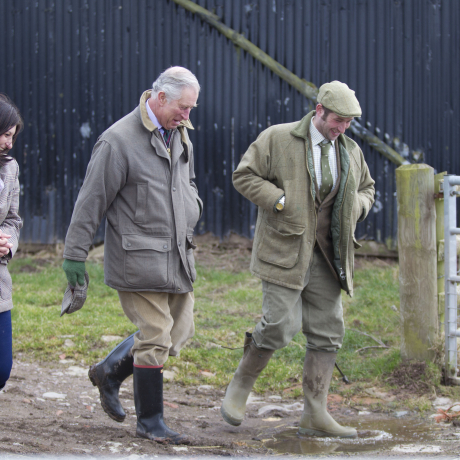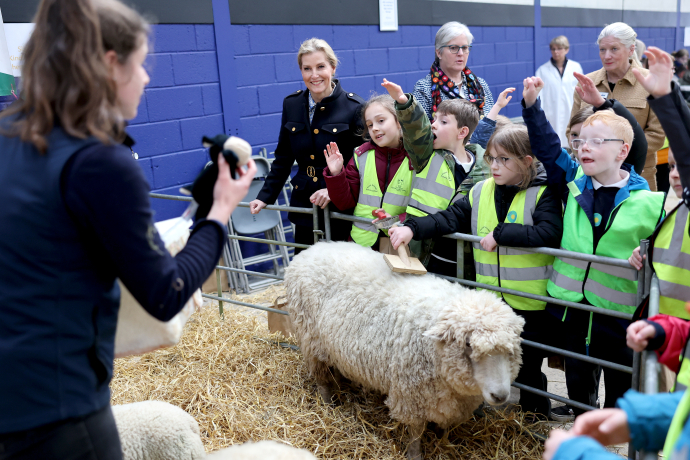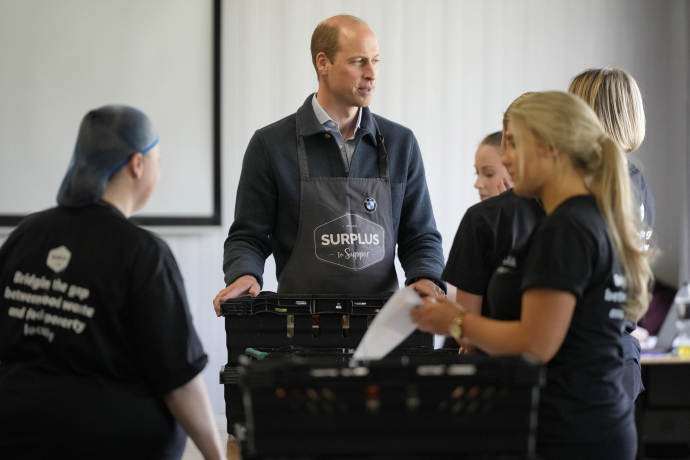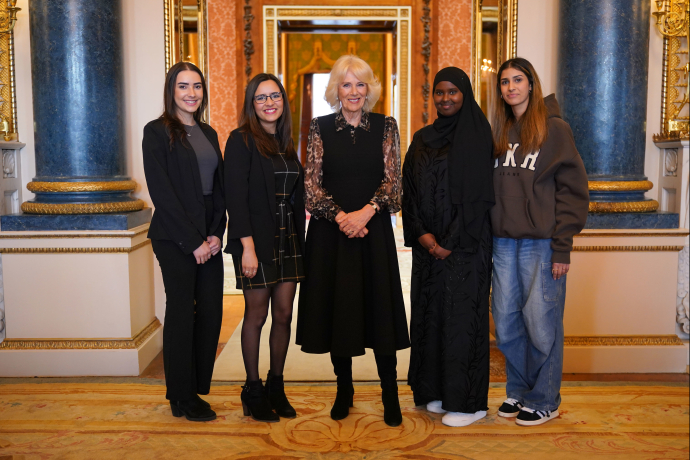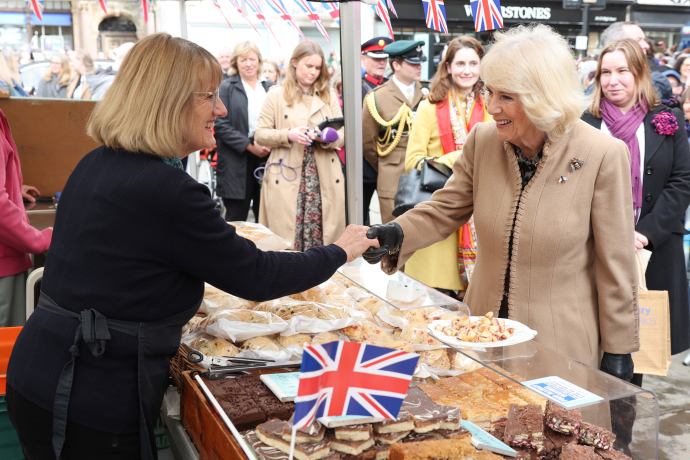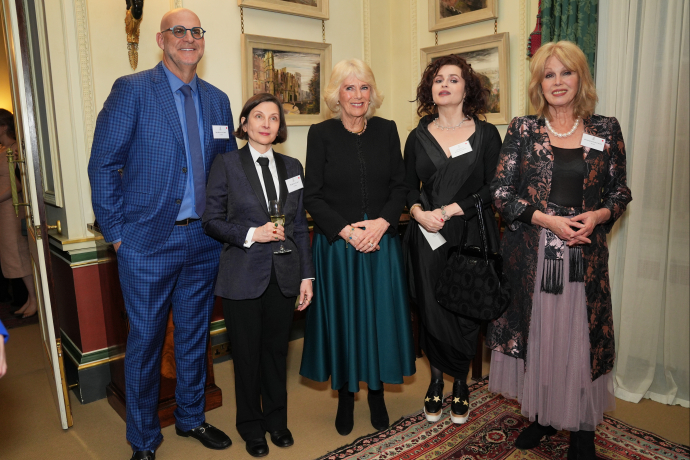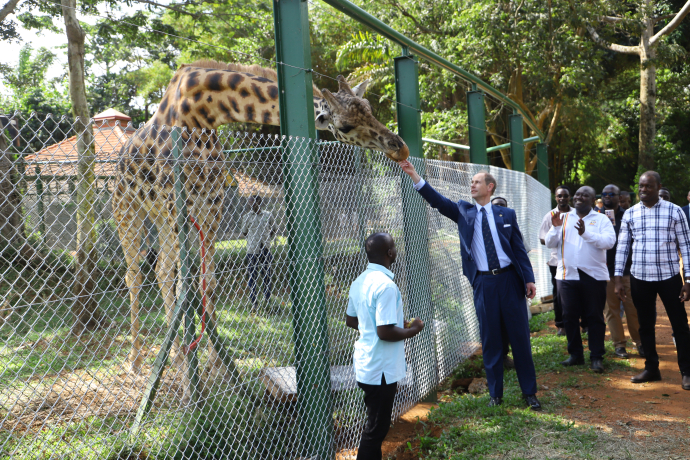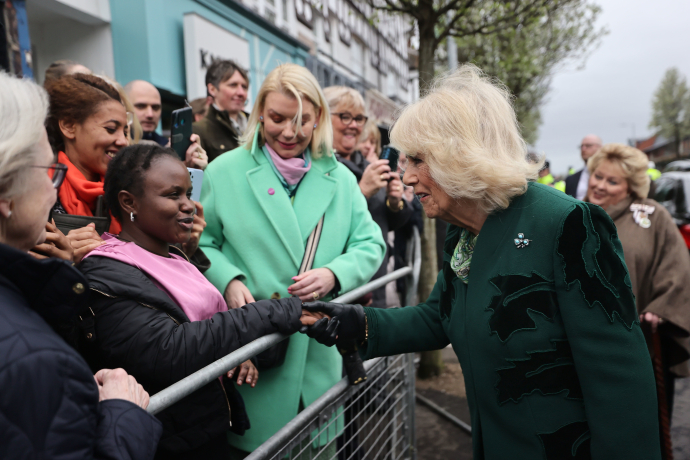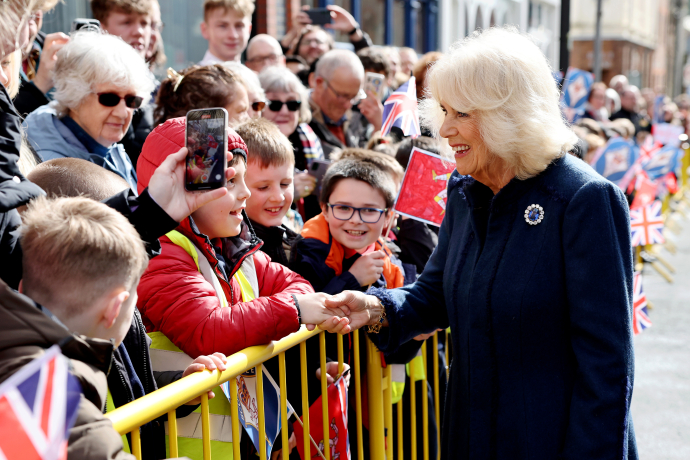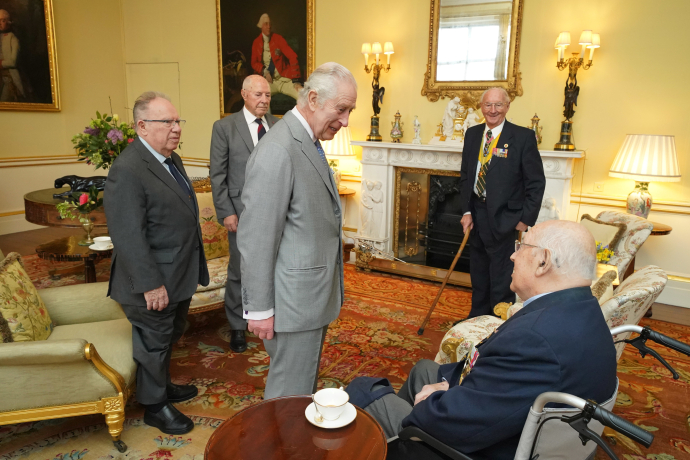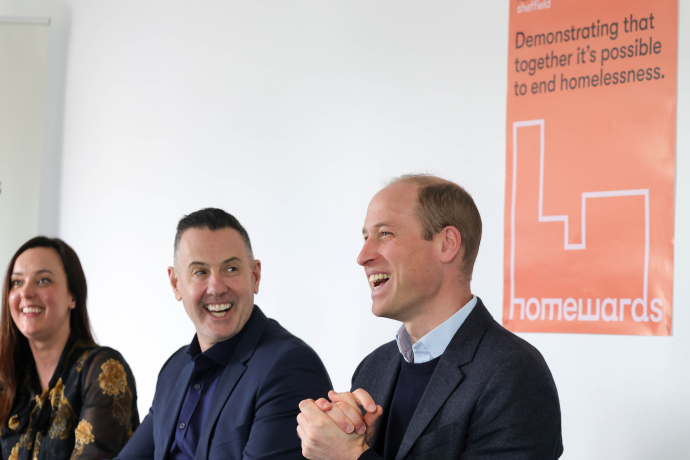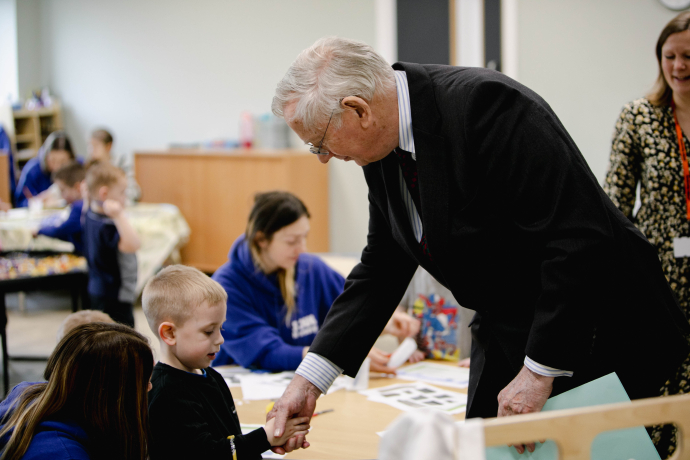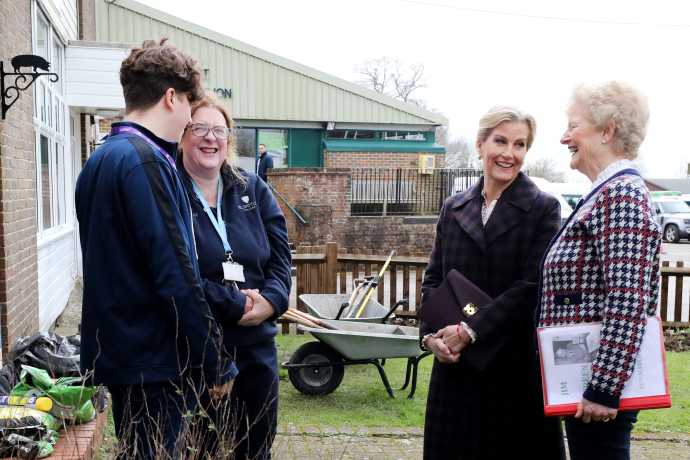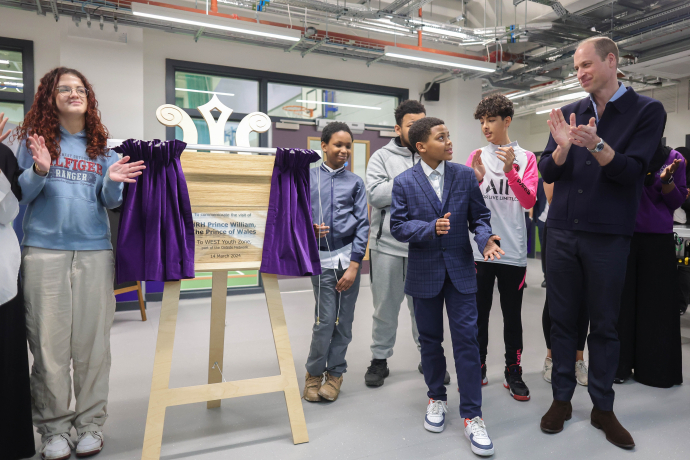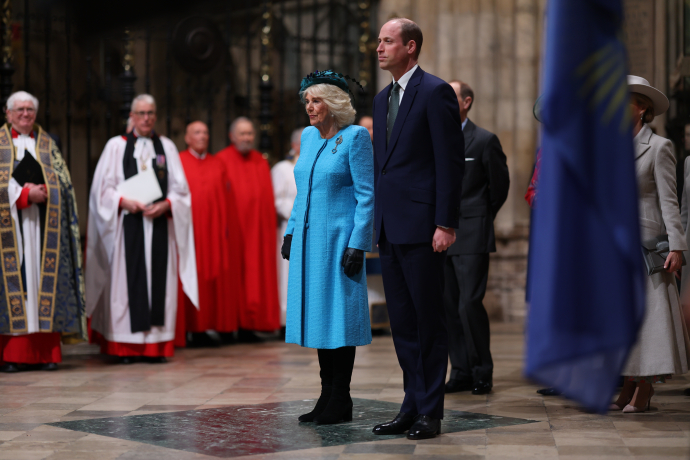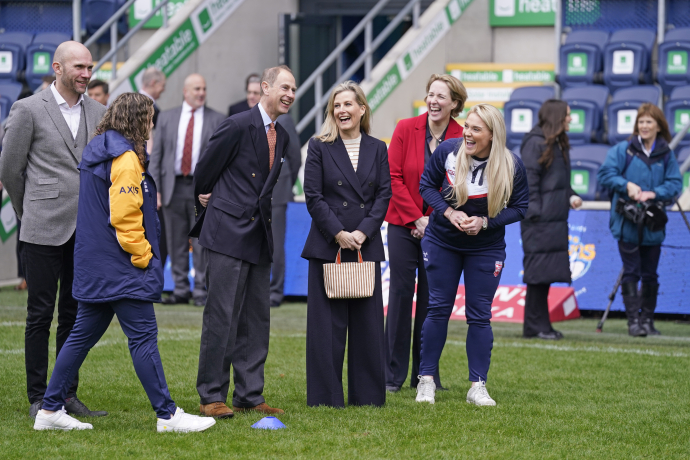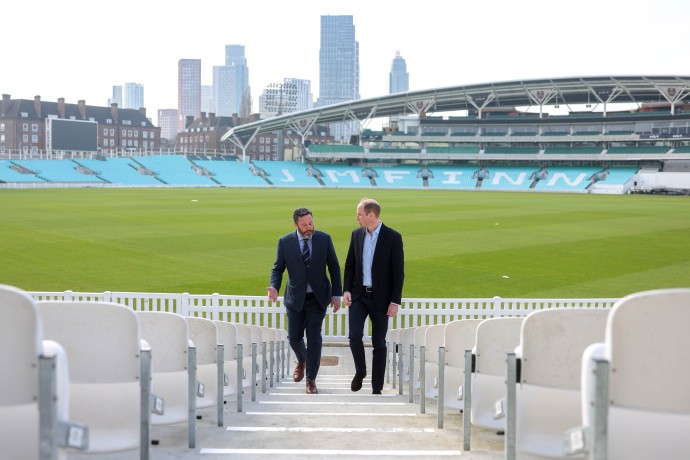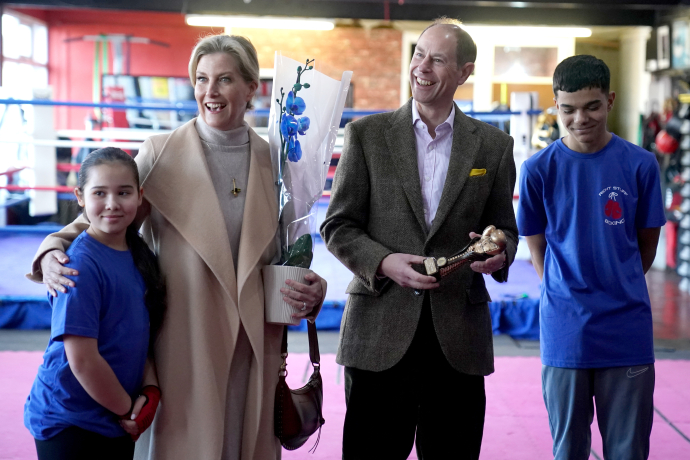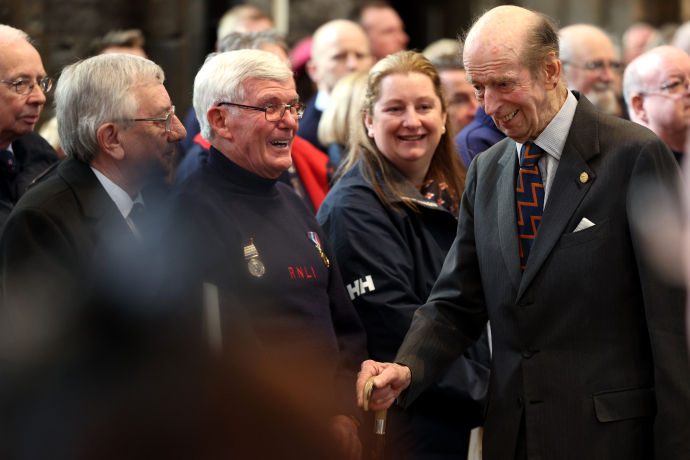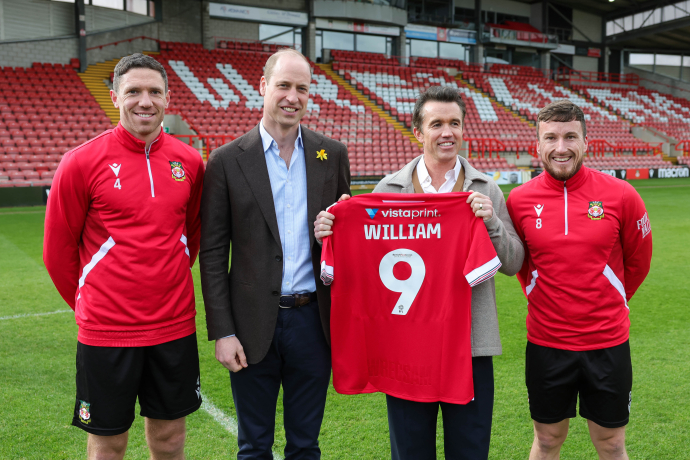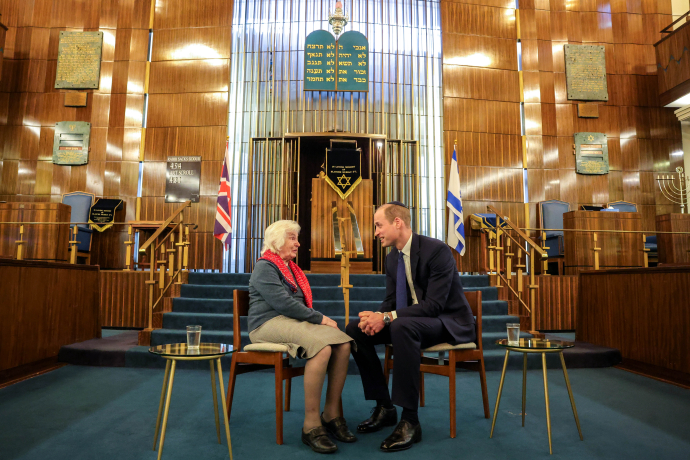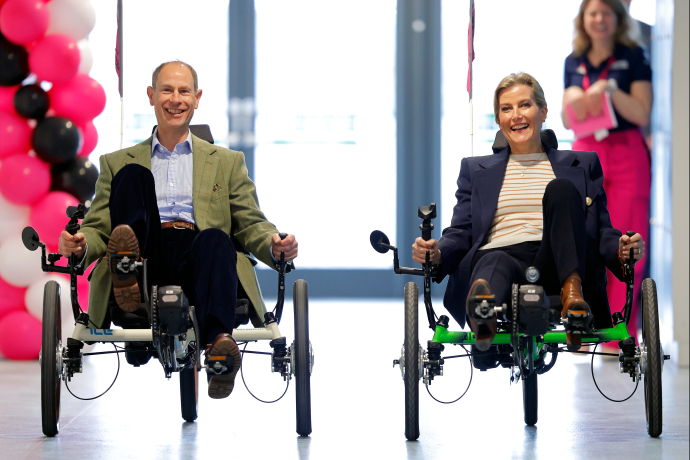About the Duchy of Cornwall
The Duchy of Cornwall is a private estate established by Edward III in 1337 to provide an income for the heir to the throne.
The Duchy has been run under the stewardship of The Prince of Wales, the current Duke of Cornwall, since 1969. He is the longest serving Duke of Cornwall in history and 2019 marks his 50th year in charge.
The Duchy currently provides an annual income of £21m which The Prince uses to support himself, his children and their families as well as his philanthropic work, which raises over £100m annually for a variety of good causes. The Prince voluntarily pays income tax on all revenue from the estate.
The Duchy is run in accordance with The Prince’s own social and environmental values. He ensures that, as well as providing him with an income, the estate must also focus on supporting the communities who live and work there, as well as protecting the land itself for future generations. This dual strategy has been at the heart of The Prince’s vision for the last five decades and makes the estate unique amongst other similar organizations.
Duchy of Cornwall facts
- The Prince of Wales became the 24th Duke of Cornwall on The Queen’s accession to The Throne, in 1952. When His Royal Highness was 21, in 1969, he became entitled to the full income of the Duchy and remains actively involved in running the estate.
- His Royal Highness acts as Chair for the Duchy’s Prince’s Council and has done so since 21st November 1969.
- The revenue surplus from the Duchy, funds the public, charitable and private activities of six members of the Royal Family: The Duke and Duchess of Cornwall, The Duke and Duchess of Cambridge and The Duke and Duchess of Sussex.
- The Prince is not entitled to proceeds from the sale of capital assets, only the annual revenue surplus. His Royal Highness pays income tax at the prevailing rate.
- The Duchy estate includes over 600 residential lettings and more than 700 agricultural tenancies. Starter units are being created to help young families gain a foothold in farming while progression units help businesses to grow and diversify. Land stewards in regional offices help to maintain strong links with the local community and His Royal Highness regularly visits tenants on public and private visits.
- Poundbury is the urban extension to Dorchester, built on Duchy land, which exemplifies The Prince's views on architecture and urban planning. To date, 1,700 homes have been built for around 3,500 people, 35% of which are affordable housing. Poundbury is providing employment for more than 2,000 people working in the 183 shops, cafés, offices and factories. The idea was to create a walkable community where daily needs can be met of foot and where buildings reflect the areas heritage by using local materials and contractors.
- Following the success of Poundbury, work is now underway on a similar development in Cornwall. Nansledan is a 540-acre extension to Newquay and will evolve into a community of more than 4,000 homes supporting a similar number of jobs. It will include its own High Street, church, school and public spaces, helping to meet the future needs of Newquay in a complementary and sustainable way.
- Conservation is particularly important to The Duke of Cornwall and the Duchy management is committed to sustainable stewardship. As well as owning more than 14,000 hectares of moors and heaths and 3,300 hectares of woods, its rivers, estuaries and coastline are used for a whole host of recreation and business purposes.
- Dartmoor, the Isles of Scilly and Kennington in London are amongst the oldest parts of the Duchy estate. There are more than 270 ancient monuments scheduled by English Heritage across the Duchy, including Tintagel Castle in Cornwall, Maiden Castle in Dorset and Berkhamsted Castle in Hertfordshire.
- The Duchy estate includes The Oval cricket ground, Dartmoor Prison, a nursery in Lostwithiel and holiday cottages in Cornwall and the Isles of Scilly
Poundbury
Poundbury is an urban extension to the Dorset county town of Dorchester, built on Duchy of Cornwall land according to architectural principles advocated by The Prince of Wales.
The Prince has long been concerned by the quality of both the natural and built environments in which we live.
In 1989 His Royal Highness published the book ‘A Vision of Britain’ which set out his beliefs in certain principles of architecture and urban planning.
These principles reflected some of the timeless ideas that have enabled many places around Britain to endure and thrive over the centuries.
Poundbury is the living embodiment of these principles.
In 1987 the local planning authority, West Dorset District Council, selected Duchy of Cornwall land to the west of Dorchester for future expansion of the town. As Duke of Cornwall, The Prince of Wales took the opportunity to work with the council to create a model urban extension to the ancient market town.
In 1988, The Prince of Wales appointed the well-known architect and urban planner, Leon Krier, to work on an overall concept on 400 acres of land of what would become Poundbury. Krier’s challenge was to create an autonomous new extension to the town of Dorchester within the context of traditional Dorset architecture, using the design principles described in ‘A Vision of Britain’. Often now referred to as the Poundbury Principles, they include the integration of affordable housing and of commercial with community uses, and the use of natural, local materials within a walkable community designed around pedestrians rather than the car.
In 1989, the Poundbury Masterplan was exhibited in Dorchester at a Planning Weekend attended by The Prince of Wales. Local residents and interested parties were invited to share their opinions and the feedback was reflected in the scheme design before planning consent was sought. Over the years The Prince’s Foundation has championed approaches to community engagement like this, and helped the Duchy ensure that local people shape any proposed development on Duchy land, to reflect local character and identity and to build better, more popular development.
The resulting Masterplan comprising 250 acres of development and 150 acres of green space, sub-divides Poundbury into four distinctive quarters, with construction on the first phase commencing in October 1993.
To date, approximately 1,600 homes have been built for around 3,500 people, 35% of which are affordable housing. Poundbury is providing employment for more than 2,300 people working in the 183 shops, cafés, offices and factories. When completed in around 2026, Poundbury will have grown to 2,600 homes, increasing Dorchester’s population by approximately twenty-five per cent.
As Poundbury has developed, it has demonstrated that there is a genuine alternative to the way in which we build new communities in this country, adding real value that benefits the local community, economy, landowner and developers alike.
It gives priority to people, rather than cars, and commercial buildings are mixed with residential areas, shops and leisure facilities to create a walkable community. The result is an attractive and pleasing place, in keeping with the character of Dorchester, in which people live, work, shop and play. As an exemplar of modern development, it regularly hosts visits from architects, town planners, policy makers, academics, developers and house builders from across the world.
Poundbury facts
- Construction of Poundbury commenced in October 1993.
- Poundbury is an urban extension to Dorchester and it will be completed in circa 2026.
- Poundbury is being built in four distinct phases on 400 acres of land, comprising 250 acres of development and 150 acres of green space including allotments, orchards, play equipment and sport facilities.
- It is home to over 3,500 people in a mix of private and affordable housing, and provides employment for more than 2,300 people working in the 183 shops, cafés, offices and factories.
- 35% of the housing under construction in Poundbury is affordable housing for rental, shared ownership or discounted sale for people on Dorset Council’s local housing register.
- The architecture of Poundbury is traditional however many aspects of this sustainable community are built to high environmental standards, from the thermal insulation of homes to on average one electric vehicle charging point and one migratory bird box integrated into every home. In addition, all of Poundbury and a large part of west Dorset draw renewable heating (biomethane gas) from the anerobic digester (AD) at Rainbarrow Farm, a joint venture between the Duchy and local farmers which was the first and remains the most efficient AD plant in the country.
- In October 2016, Her Majesty The Queen officially opened Queen Mother Square in Poundbury during a special royal visit accompanied by The Duke of Edinburgh and The Prince of Wales and The Duchess of Cornwall.

